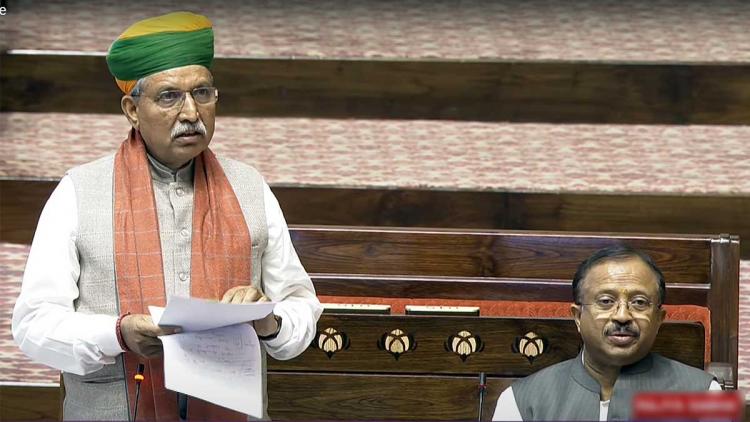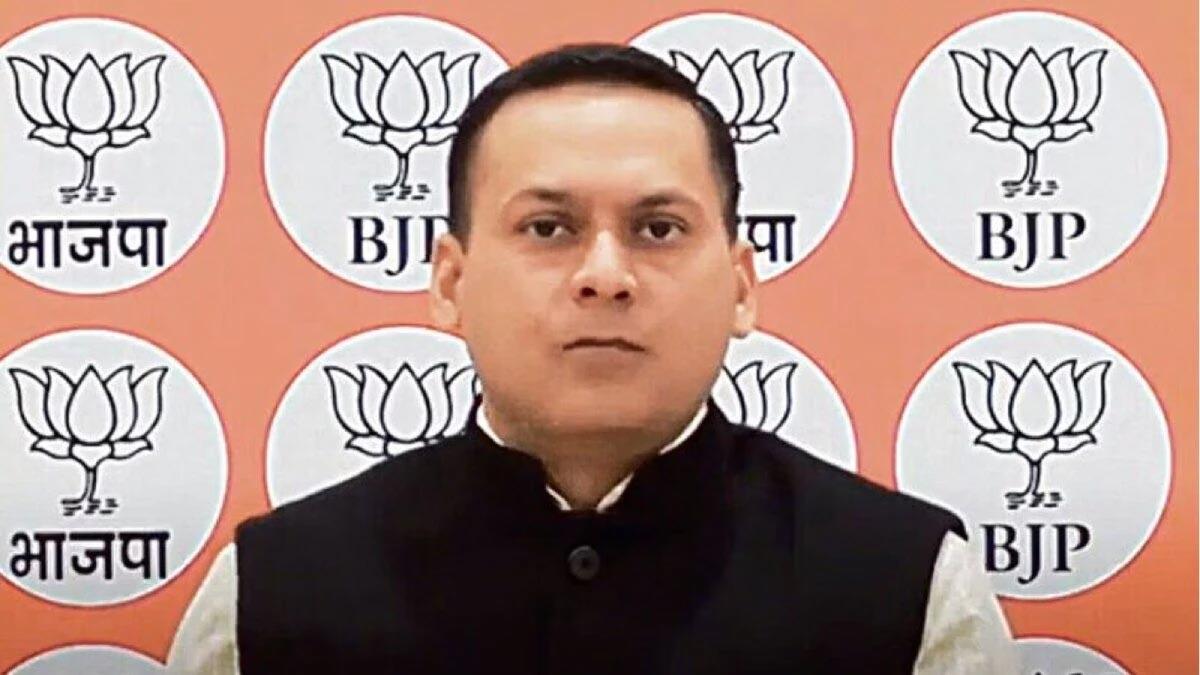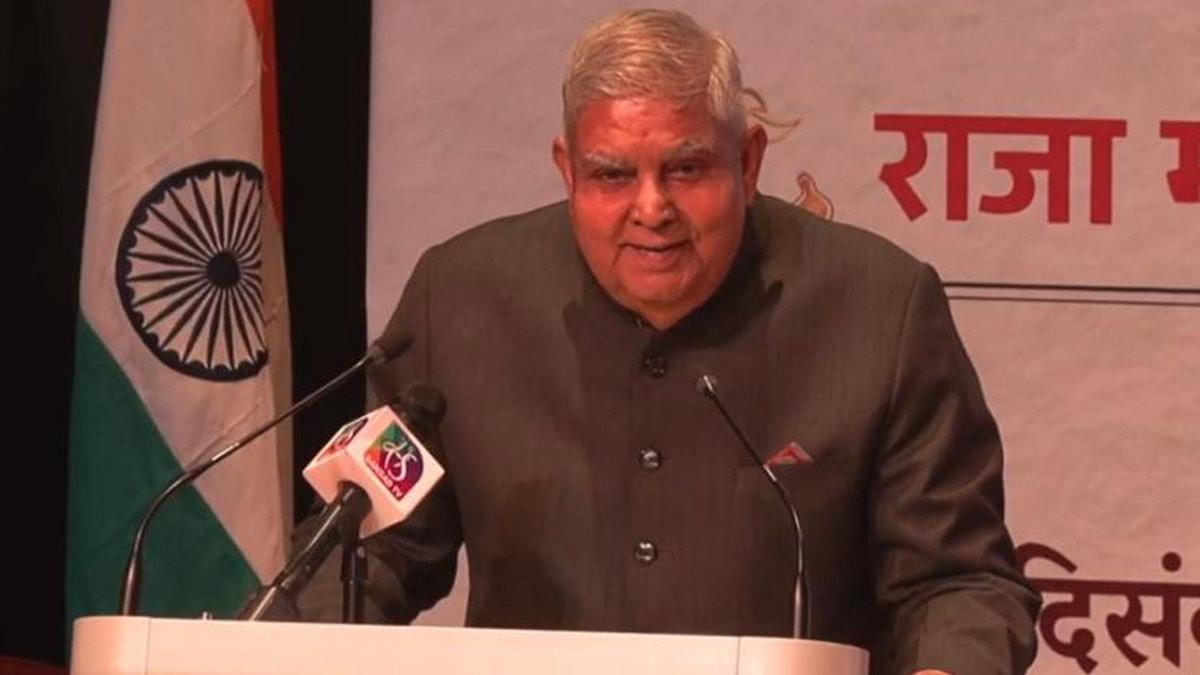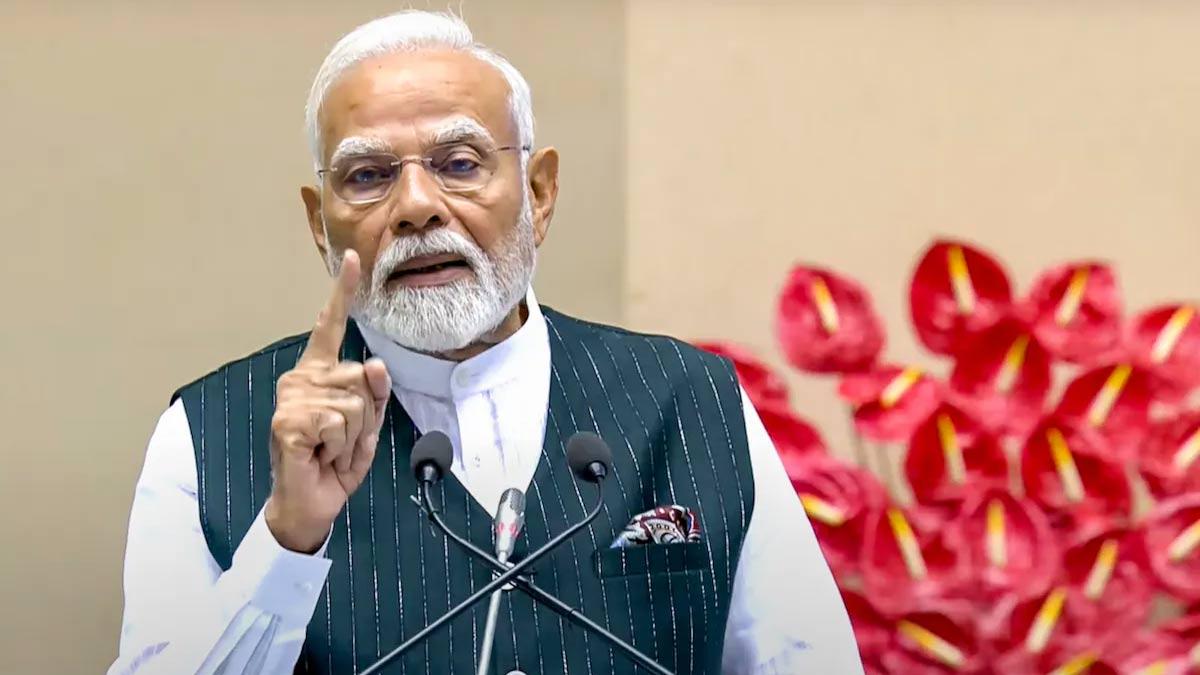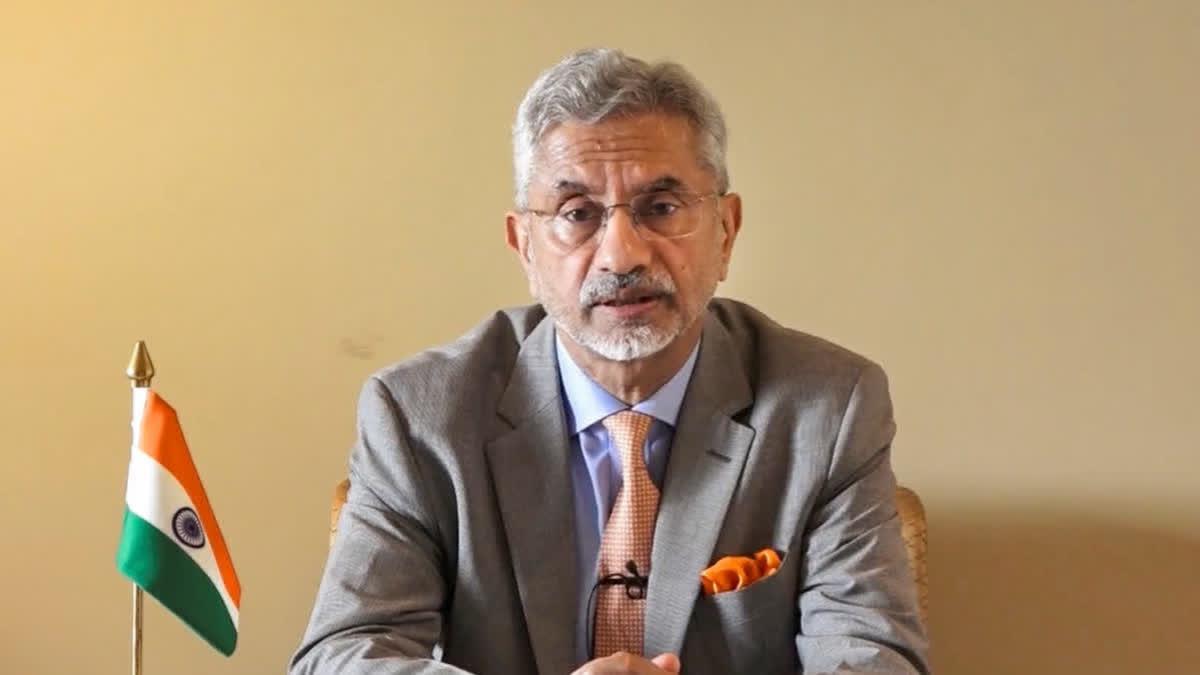The Chief Election Commissioner and other Election Commissioners (Appointment, Conditions of Service, and Term of Office) Bill, 2023 passed in the Rajya Sabha amidst an Opposition walkout. This legislation governs the selection, terms, and functioning of the Chief Election Commissioner (CEC) and Election Commissioners (ECs), proposing a committee comprising the PM, Opposition Leader, and a nominated Cabinet minister to choose EC members.
The Bill aims to override a March Supreme Court ruling mandating a high-power committee's involvement in appointing CEC and ECs. Introduced in August to replace the 1991 Act lacking appointment clauses, the Bill introduces a selection committee, salary matters, and legal protection for duties performed.
Opposing, Congress MPs Randeep Singh Surjewala and Amee Yajnik criticized the Bill. Surjewala highlighted the Bill's perceived subjugation of the Election Commission to executive authority, disregarding the Supreme Court's judgment. He emphasized the need for the Commission's independence in ensuring fair elections, deeming the legislation a consolidation of undue executive control. Yajnik echoed concerns about weakening institutions and their role in maintaining democracy's transparency.
Key Points:
1. The Chief Election Commissioner and other Election Commissioners (Appointment, Conditions of Service and Term of Office) Bill, 2023, was passed in the Rajya Sabha, eliciting opposition members' walkout during the session.
2. This legislation aims to govern the appointment, tenure, and service conditions of the Chief Election Commissioner (CEC) and other Election Commissioners (ECs), along with outlining the Election Commission's operational procedures.
3. Notably, the Bill proposes the establishment of a committee, involving the Prime Minister, Leader of Opposition in the Lok Sabha, and a Cabinet minister chosen by the Prime Minister, to select Election Commission members.
4. The primary objective of the Bill is to challenge the Supreme Court's March 2 ruling, which mandated a high-power committee—comprising the Prime Minister, Leader of Opposition in the Lok Sabha, and Chief Justice of India—to appoint the CEC and ECs.
5. Introduced during the Monsoon Session on August 10, the Bill seeks to replace the 1991 Act, which lacked specific provisions regarding the appointment of the CEC and other ECs.
6. Union Law Minister Arjun Ram Meghwal highlighted that the Bill addresses issues raised in a PIL following the Supreme Court's March verdict, introducing a search and selection committee and incorporating clauses related to remuneration.
7. Amendments in the Bill also include a provision safeguarding the CEC and ECs from legal proceedings concerning their duties' execution.
8. However, opposition members, including Congress MPs Randeep Singh Surjewala and Amee Yajnik, strongly opposed the Bill, asserting that it violates constitutional principles, specifically Article 14, undermining the Election Commission's autonomy.
9. Surjewala criticized the Bill, claiming it subjugates the Election Commission to executive authority, disparaging the apex court's judgment and consolidating excessive control within the executive.
10. Both Surjewala and Yajnik emphasized the importance of an independent Election Commission in upholding democracy, expressing concerns that the proposed law could weaken the institution and compromise electoral integrity, thereby undermining democratic principles.
(With Agency Inputs)
ALSO READ | Digvijaya Criticizes BJP Government's Handling of J&K as Insensitive in Rajya Sabha
ALSO READ | Supreme Court Asks Raghav Chadha to Apologize to Rajya Sabha Chairperson

